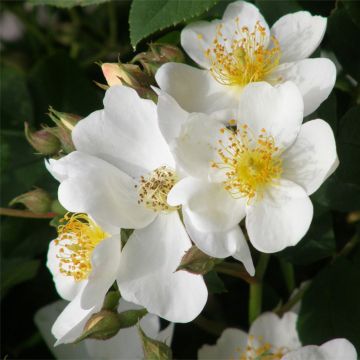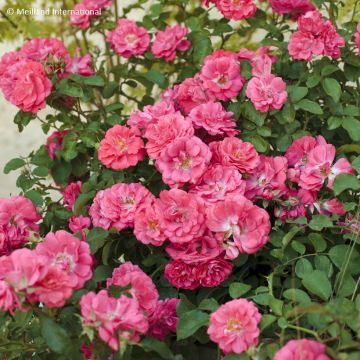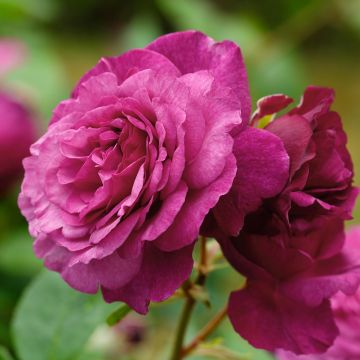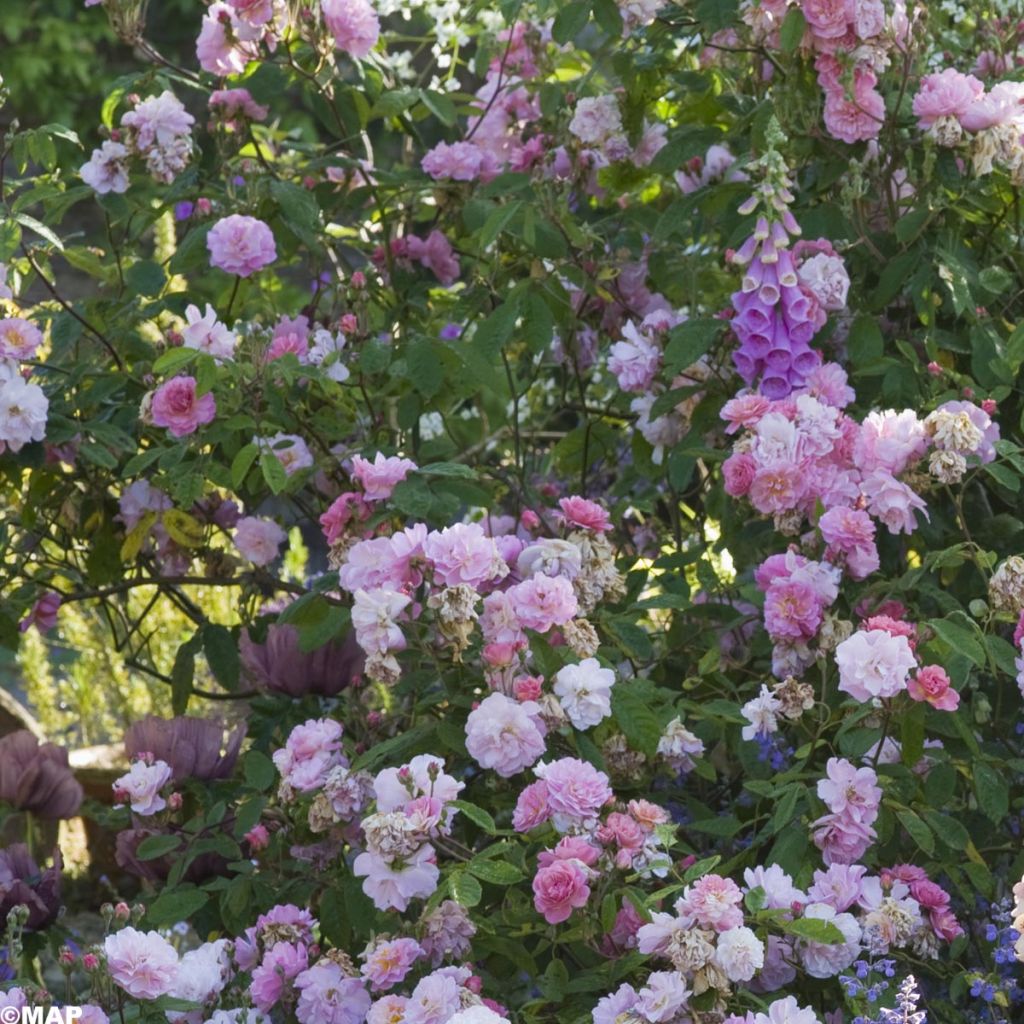

Rosa moschata Felicia - Musk Rose
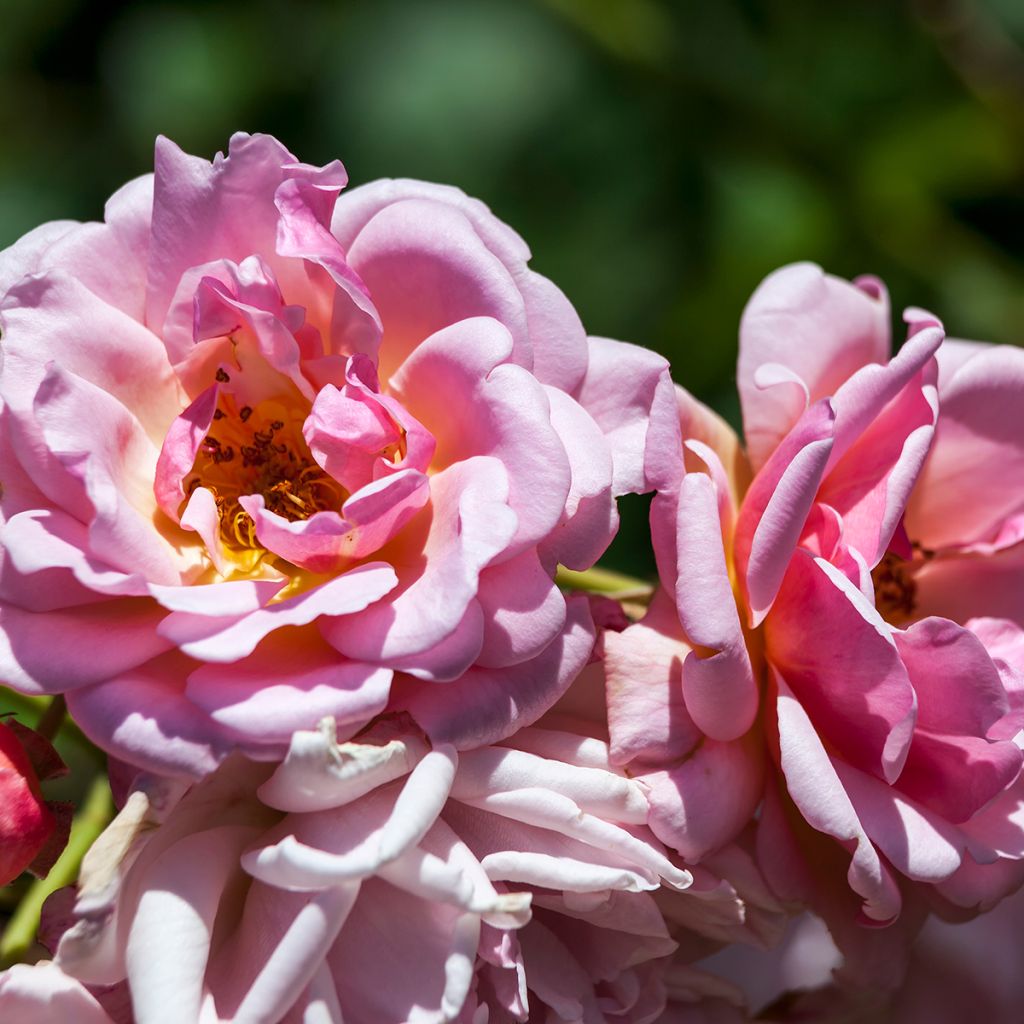

Rosa moschata Felicia - Musk Rose
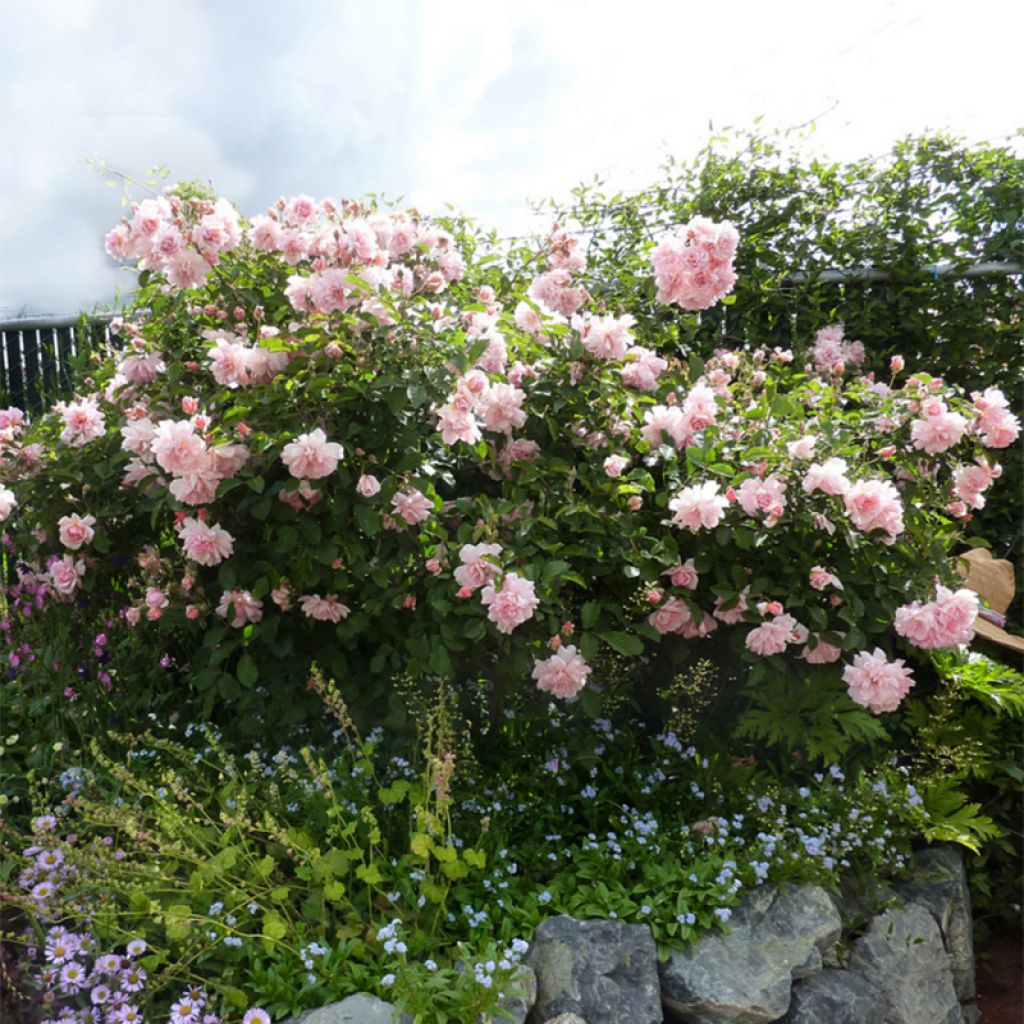

Rosa moschata Felicia - Musk Rose
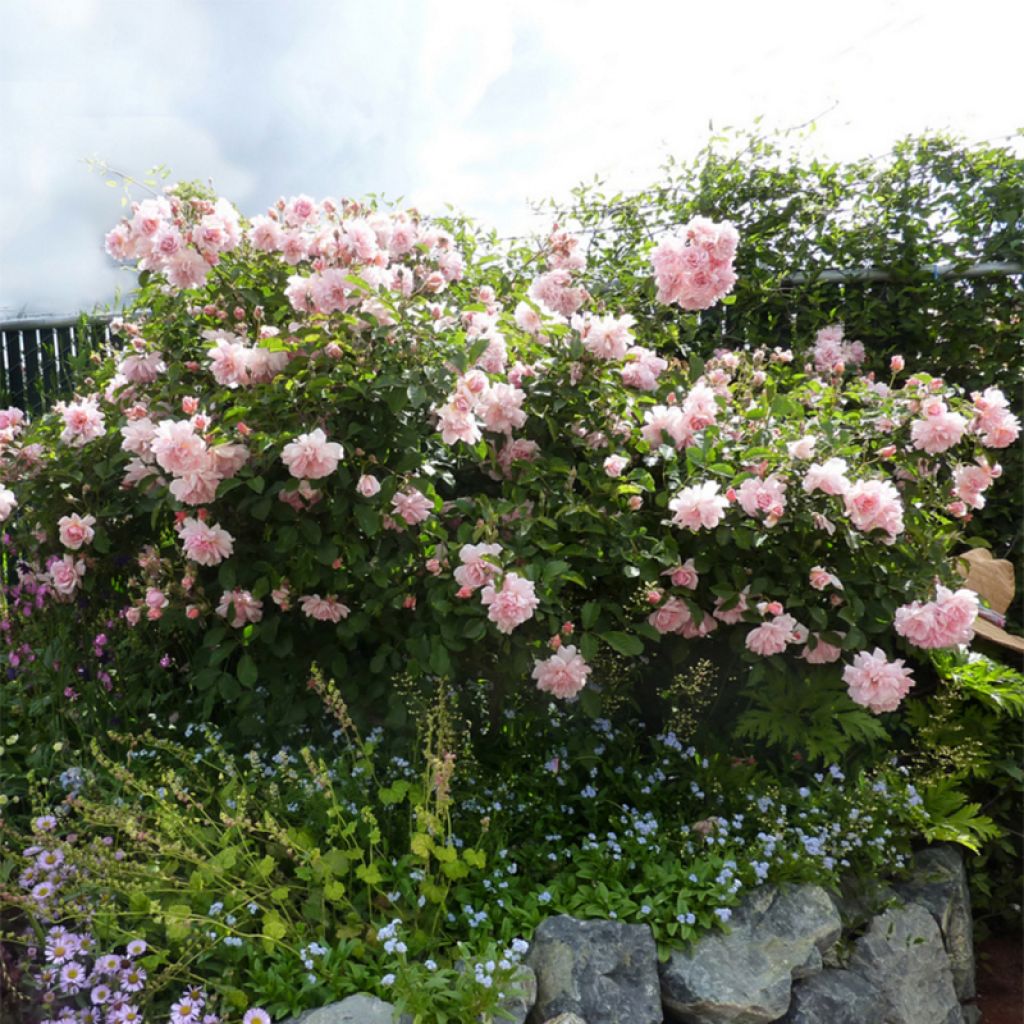

Rosa moschata Felicia - Musk Rose
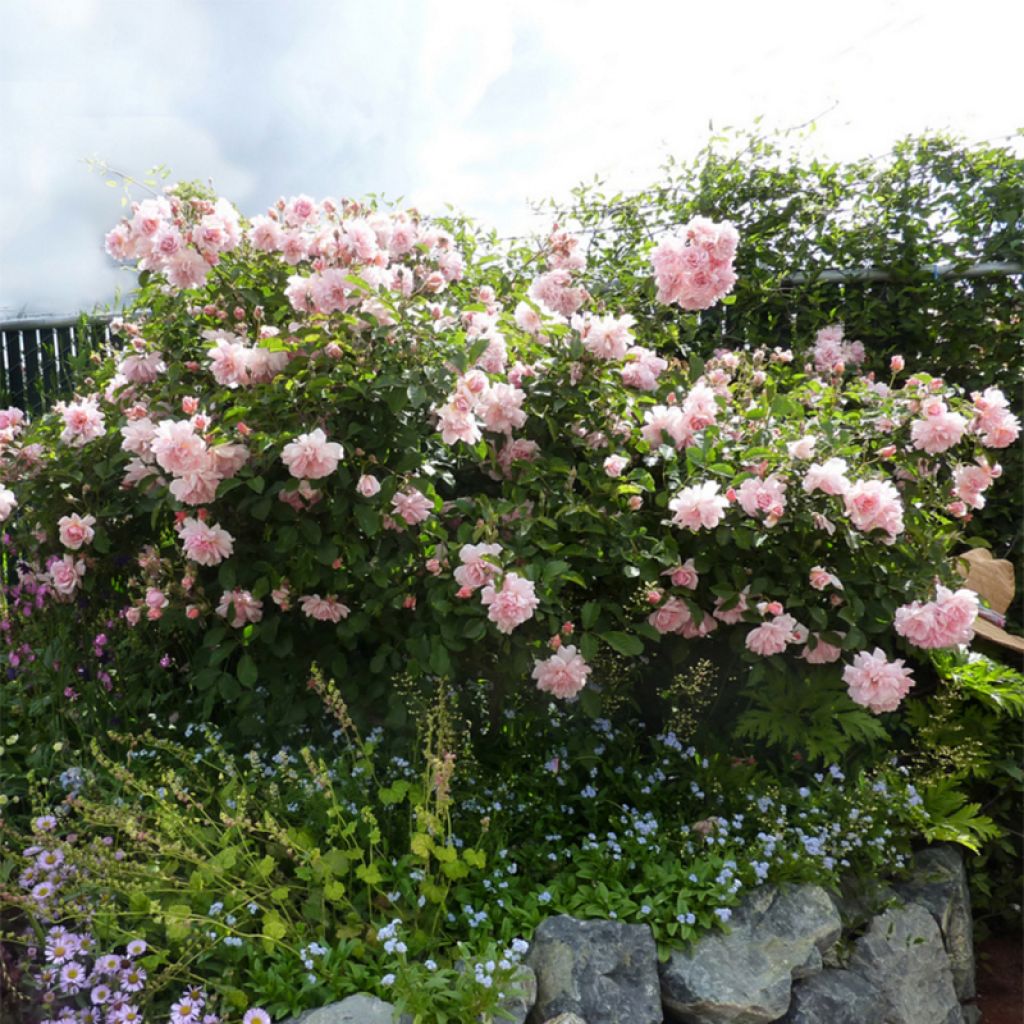

Rosa moschata Felicia - Musk Rose
View more pictures
Hide images
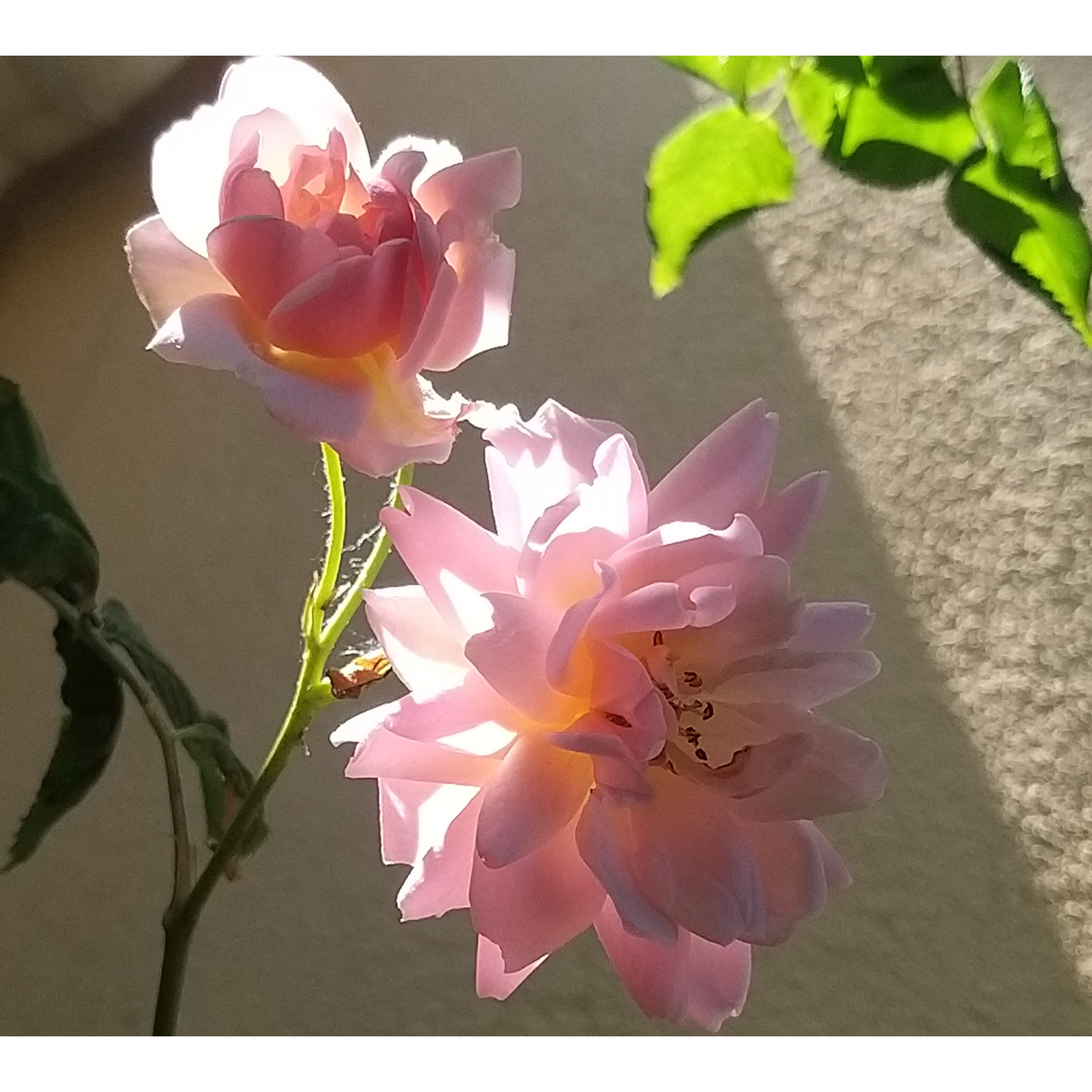
Thierry P.

May flowering - image 21
Thierry P. • 84 FR
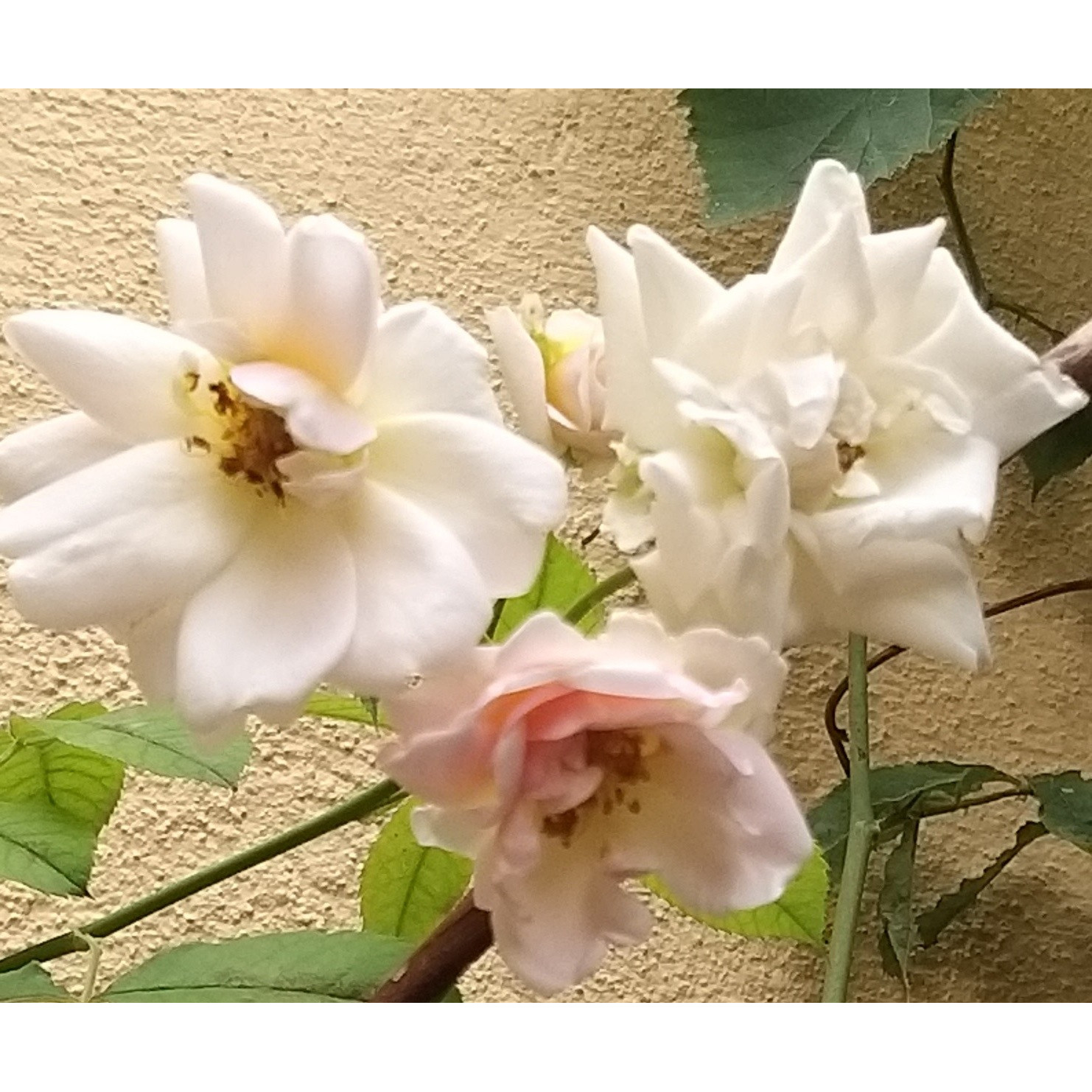
Thierry P.

September flowering - image 20
Thierry P. • 84 FR
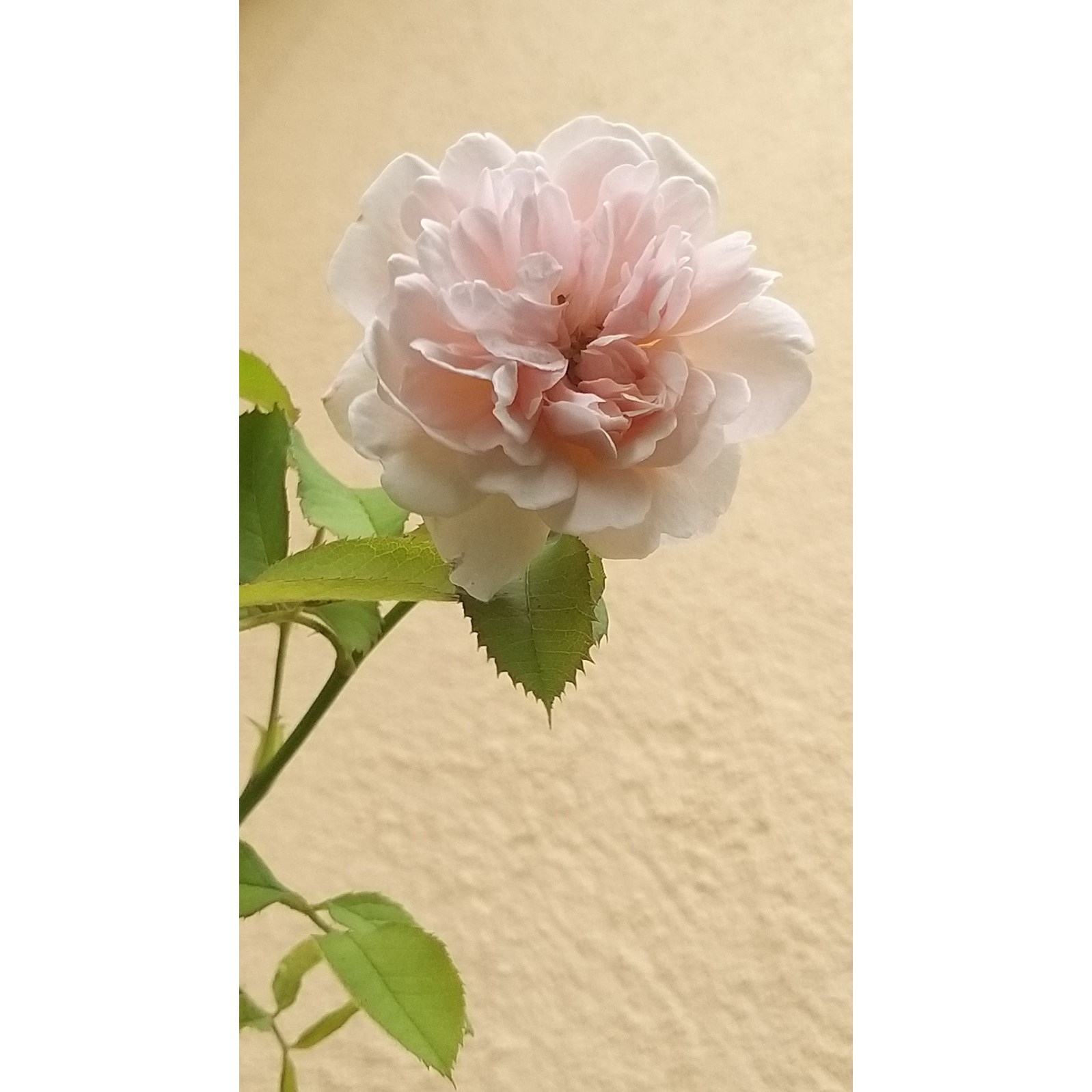
Thierry P.

No text to translate.
Thierry P. • 84 FR
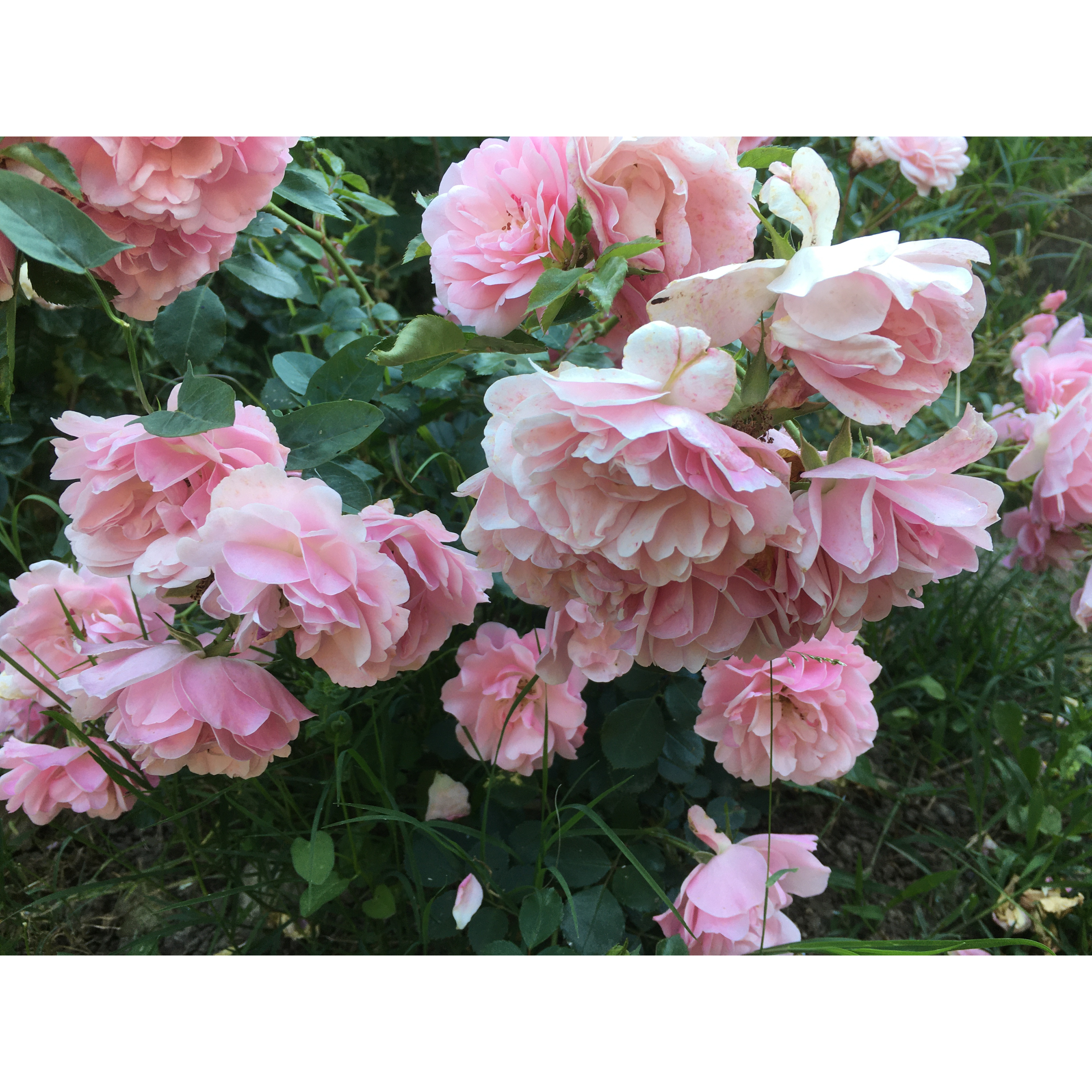
Sandrine C.

Sandrine C. • 84 FR
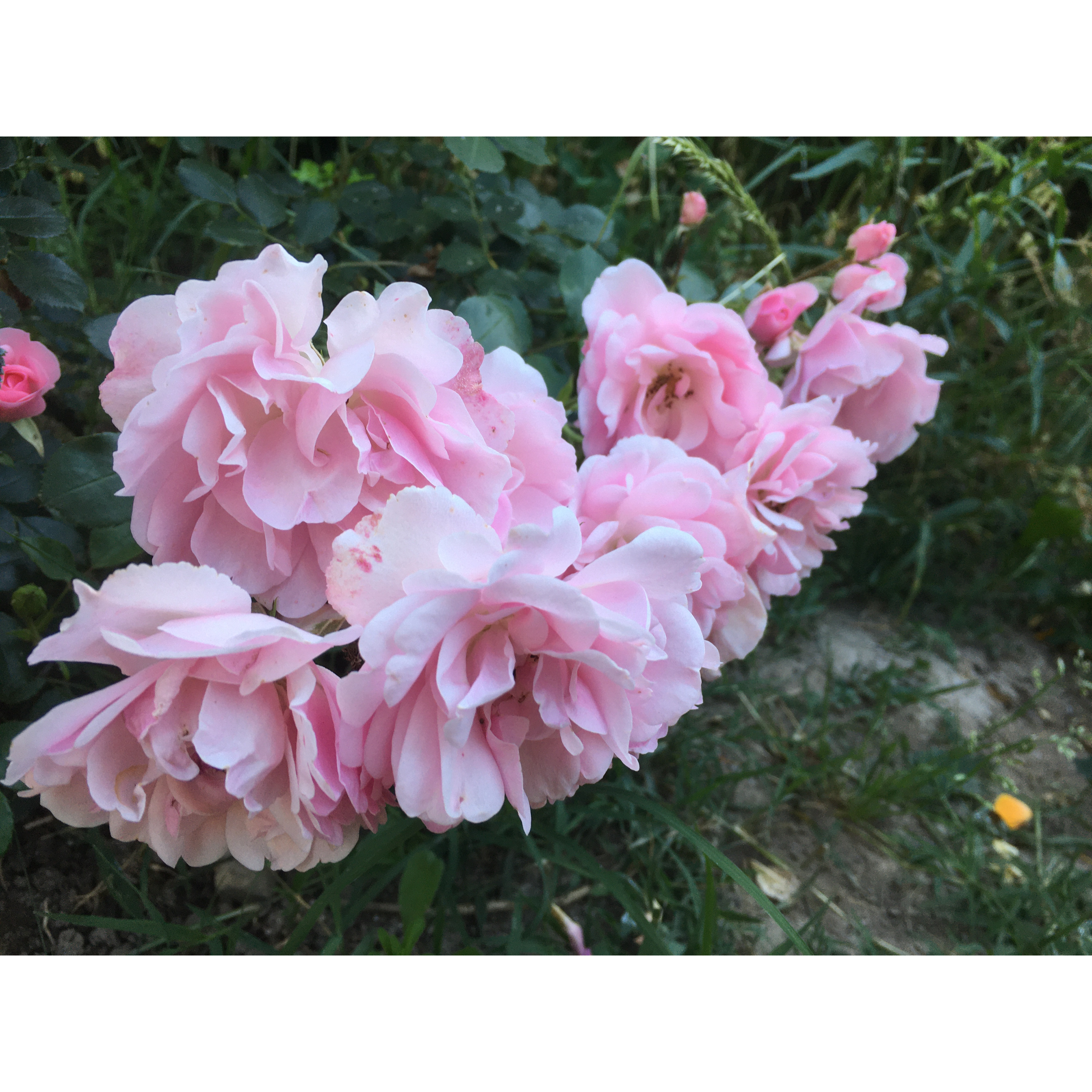
Sandrine C.

Sandrine C. • 84 FR
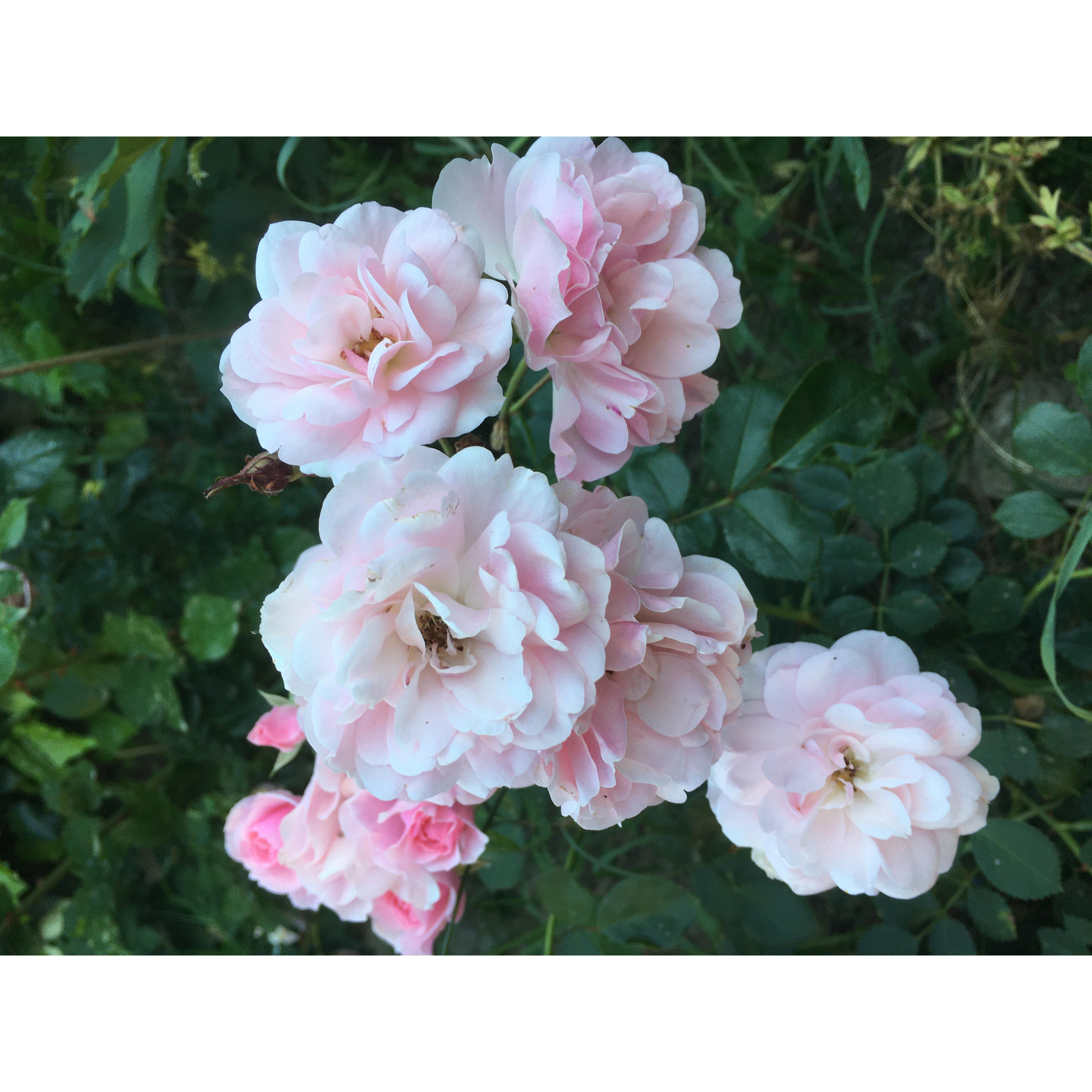
Sandrine C.

Since the customer review provided is only "Avignon", which does not contain any text to be translated, I will not proceed with the translation. If you have another customer review or any text to be translated, please feel free to provide it, and I will be
Sandrine C. • 84 FR
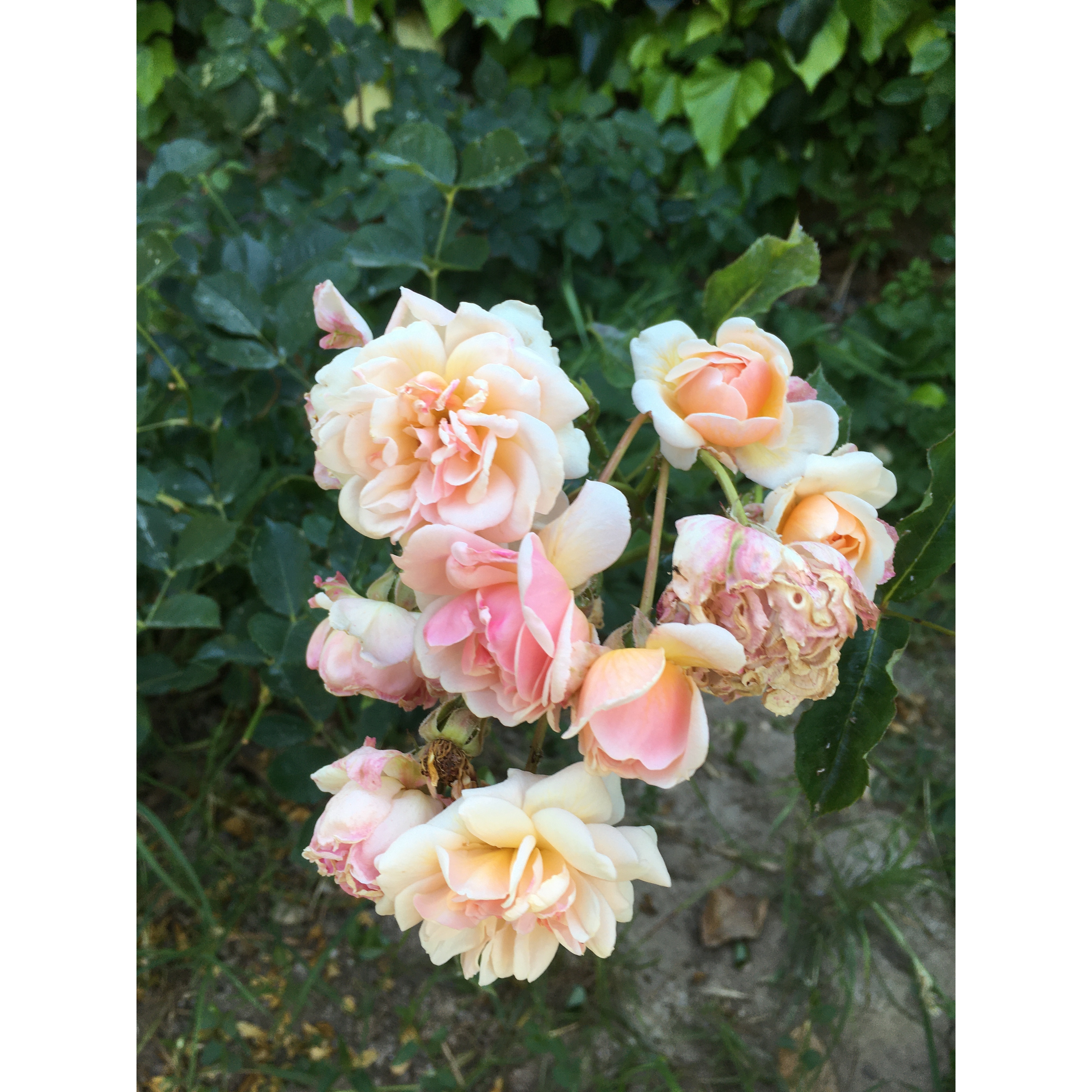
Sandrine C.

I really like this rose bush and its pastel colours (Avignon) ????
Sandrine C. • 84 FR
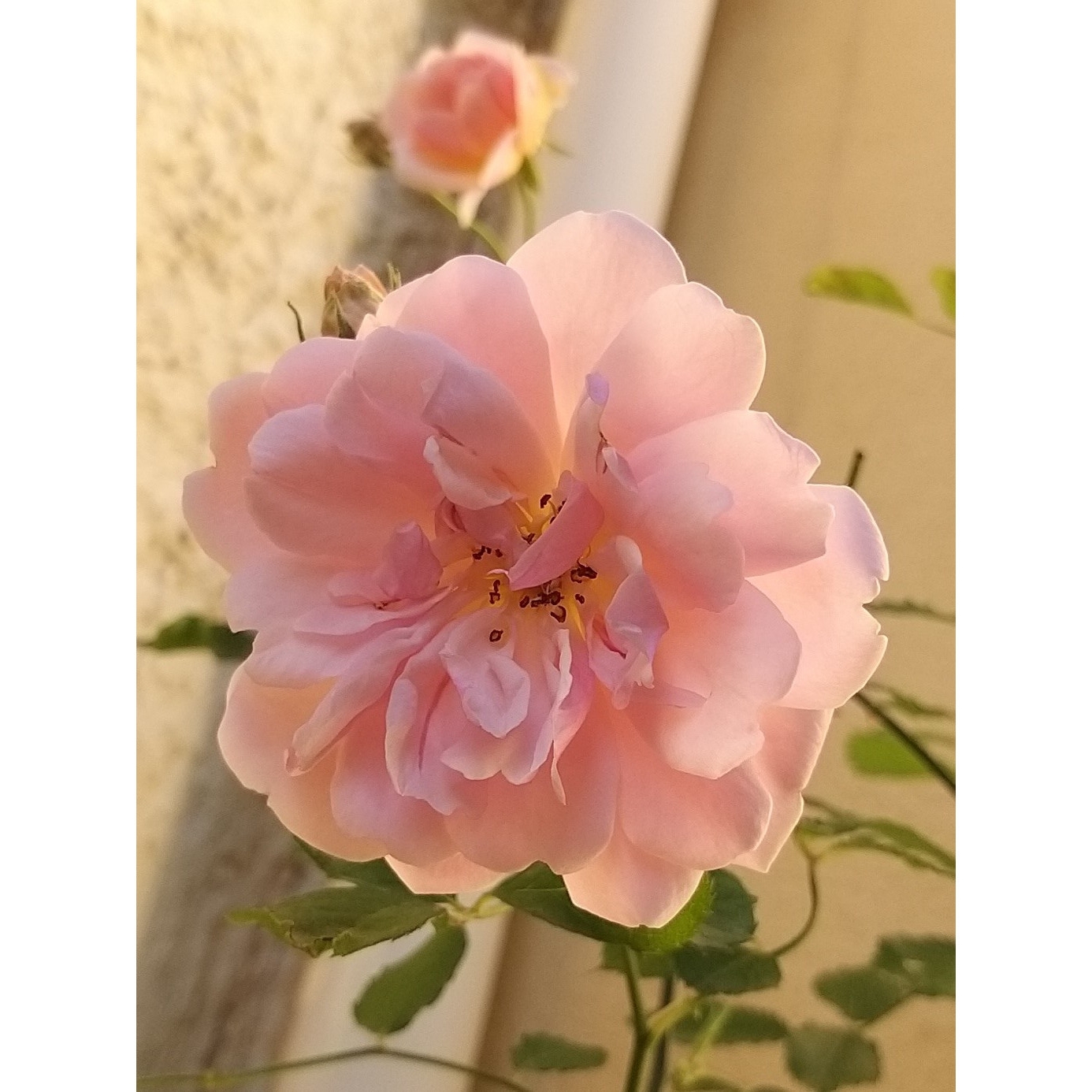
Thierry P.

May flowering - image 17
Thierry P. • 84 FR
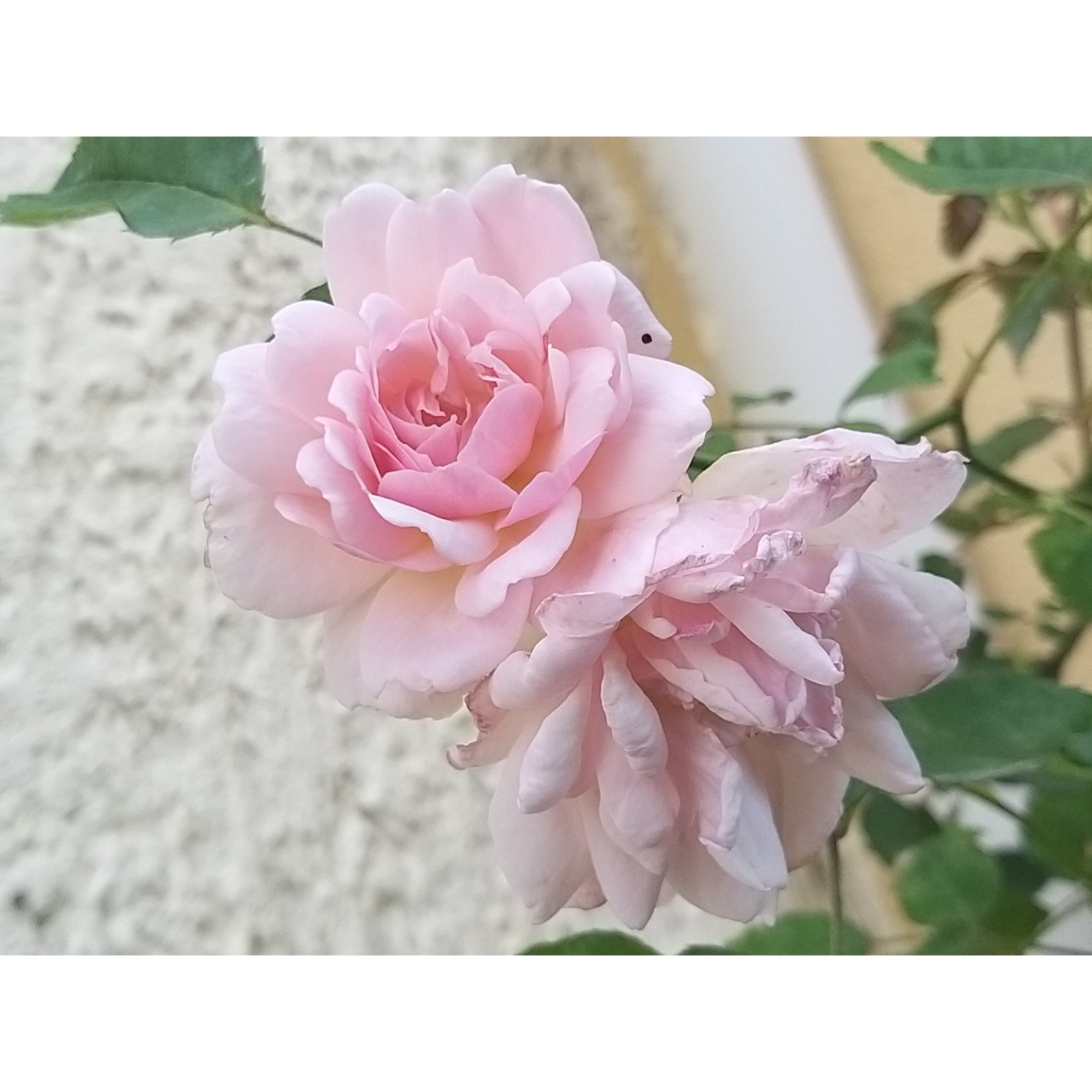
Thierry P.

May flowering - image 14
Thierry P. • 84 FR
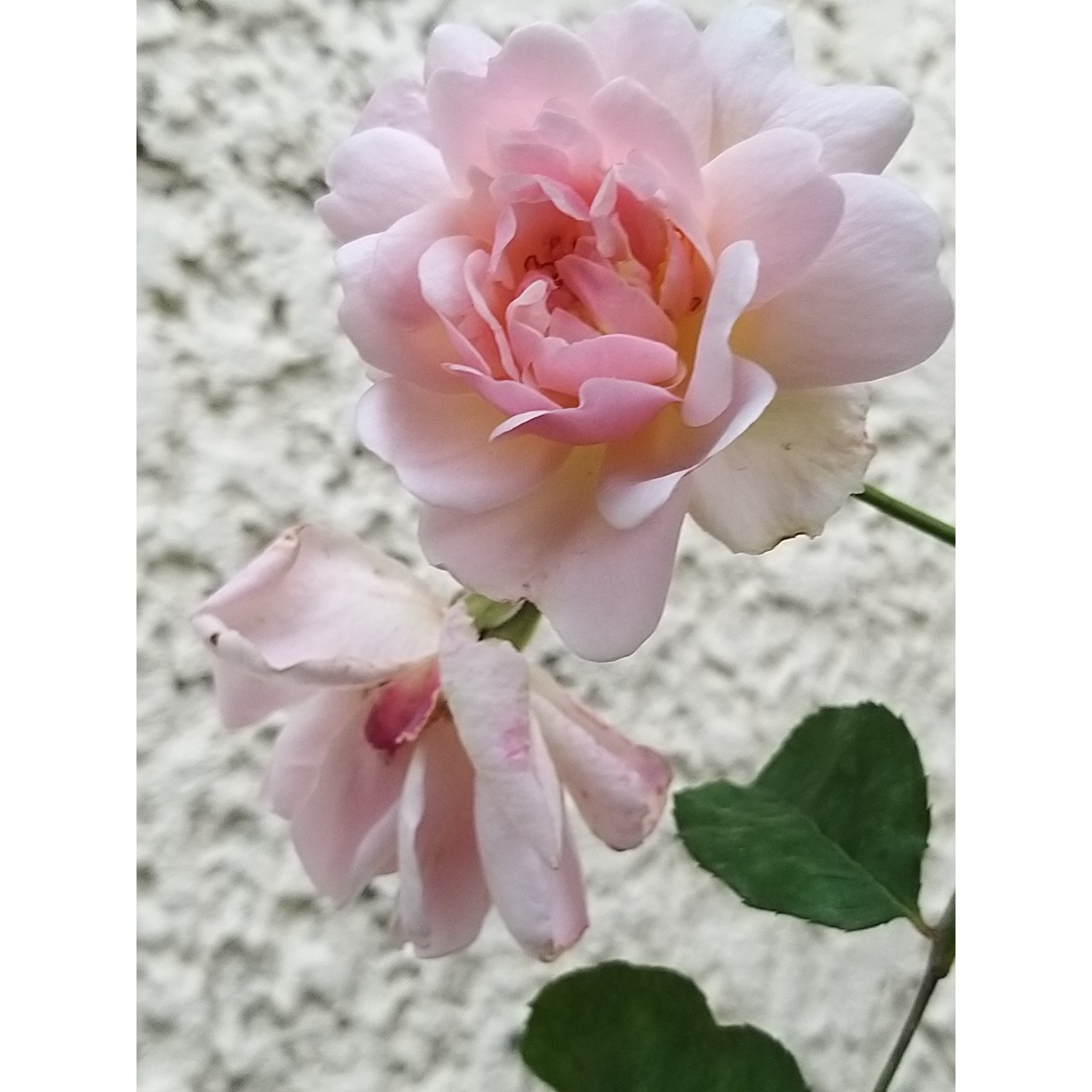
Thierry P.

May flowering - image 13
Thierry P. • 84 FR
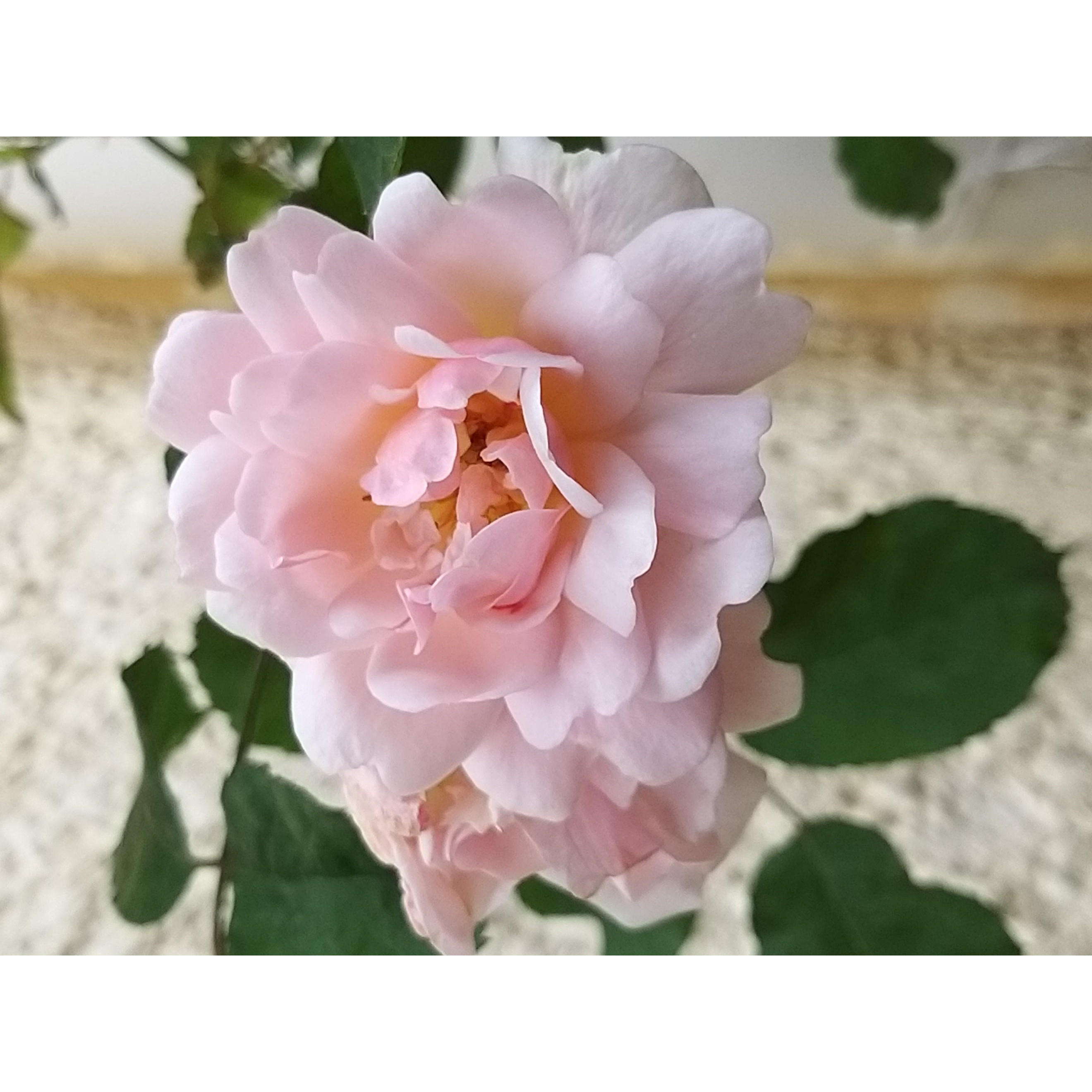
Thierry P.

May flowering - image 12
Thierry P. • 84 FR
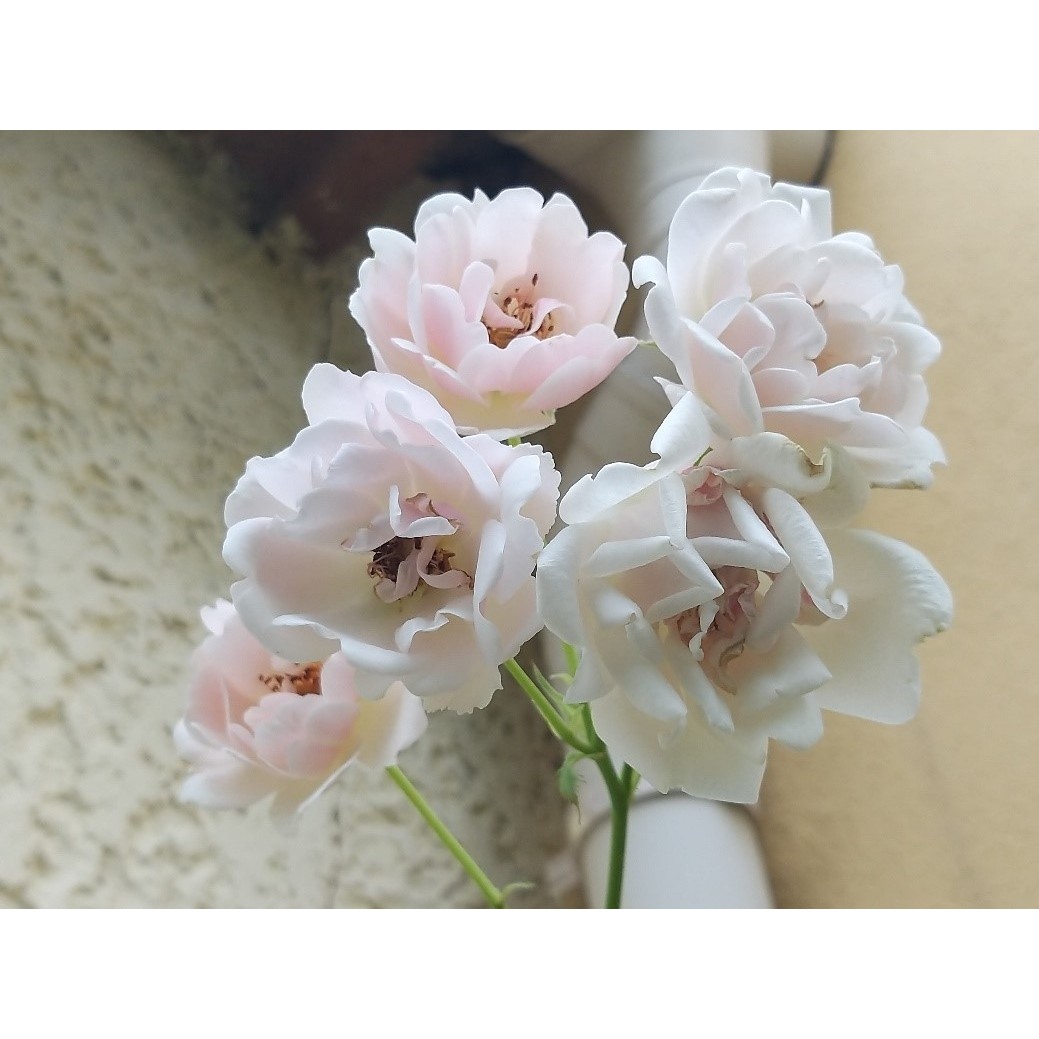
Thierry P.

No text to translate.
Thierry P. • 84 FR
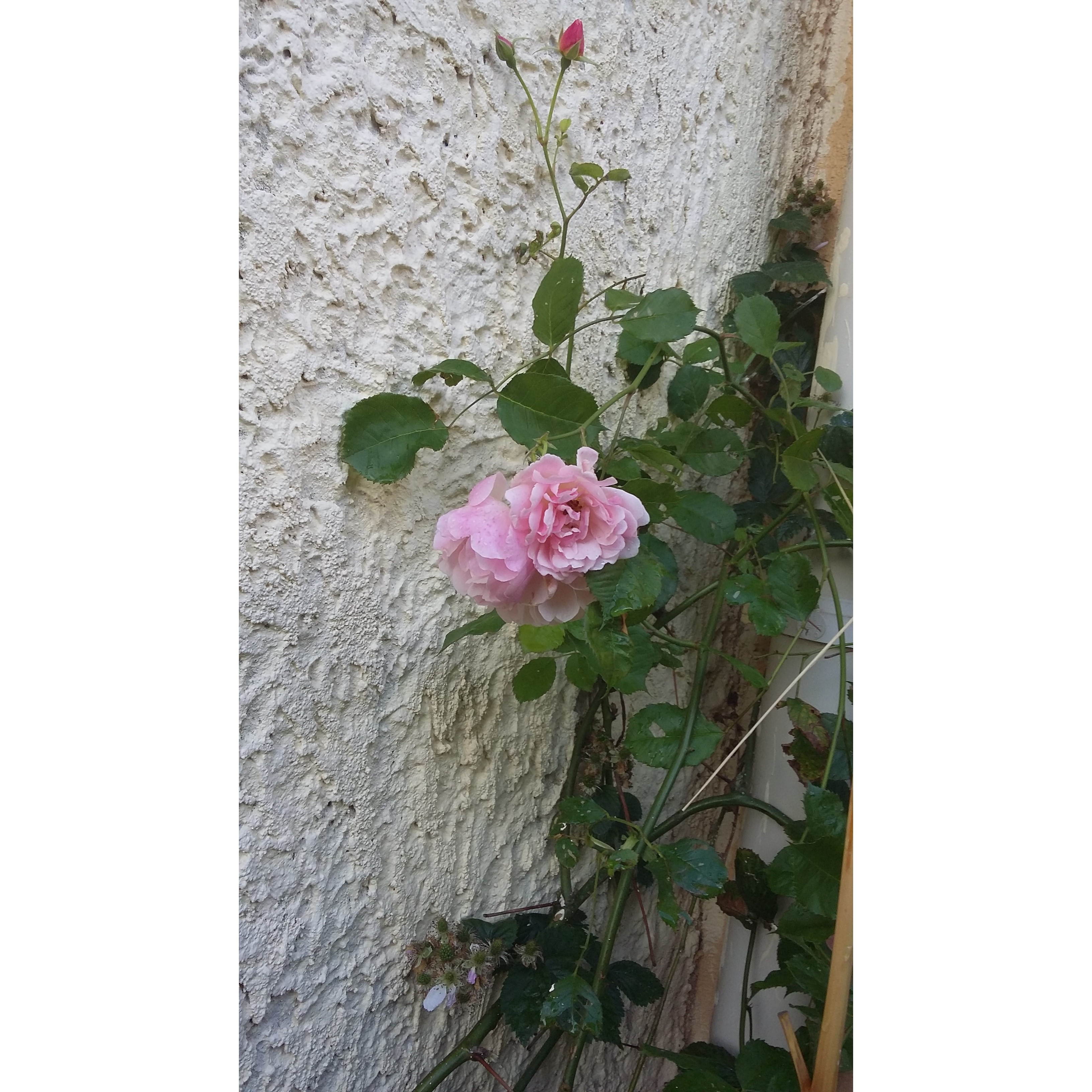
Thierry P.

This old rose blooms very well in a North-facing position (partial shade) in the PACA region.
Thierry P. • 84 FR
Rosa moschata Felicia - Musk Rose
Rosa x moschata Felicia
Musk Rose
Very beautiful climbing rose with a promising fragrance, thank you for the careful preparation.
Nath44, 17/06/2025
Special offer!
Receive a €20 voucher for any order over €90 (excluding delivery costs, credit notes, and plastic-free options)!
1- Add your favorite plants to your cart.
2- Once you have reached €90, confirm your order (you can even choose the delivery date!).
3- As soon as your order is shipped, you will receive an email containing your voucher code, valid for 3 months (90 days).
Your voucher is unique and can only be used once, for any order with a minimum value of €20, excluding delivery costs.
Can be combined with other current offers, non-divisible and non-refundable.
Home or relay delivery (depending on size and destination)
Schedule delivery date,
and select date in basket
This plant carries a 6 months recovery warranty
More information
We guarantee the quality of our plants for a full growing cycle, and will replace at our expense any plant that fails to recover under normal climatic and planting conditions.



Description
Rosa x moschata 'Felicia' is an old shrub rose that combines qualities: its vigour allows it to be trained as a small climber, it offers a deliciously scented perpetual flowering, with double flowers in shades of silver-pink and apricot in clusters, and excellent disease resistance. Hybrid obtained in 1928, this rose is a sure value: it combines the charm of old roses with the generosity of modern roses. For all these reasons, it deserves a place in every garden.
The old rose 'Felicia' belongs to the Rosaceae family, it was created by Pemberton (Great Britain) in 1928. It is a hybrid of the Rosa x moschata, probably originating from Asia Minor or the Middle East. When grown as a shrub, it will reach about 1.5m (4ft 11in) in height and at least as much in width. It can also be trained as a climber on a small tree, for example. In this case, it can grow up to 3m (9ft 10in) in height. Its growth is rapid, after 3 years of cultivation, it will already form a beautiful shrub. When pruned, 'Felicia' develops thorny, flexible branches that gracefully droop. This variety offers abundant flowering, often continuous until frost if the soil does not dry out too much in summer. It is not uncommon for the plant to bear flowers and hips at the same time, these fruits which are particularly decorative until the heart of winter. Flowering begins in May and stops with the first frosts. The cup-shaped flowers carried by thin stems measure from 4 to 8cm (1.6 to 3.1in) in diameter, they are double, pale silver-pink with apricot undertones, depending on the soil and exposure, and are arranged in clusters. They emit a scent of warm honey, cloves, and iris. The abundant foliage, semi-evergreen in winter, is composed of leaves that are fairly light green and very healthy.
The 'Felicia' rose adapts to any type of soil, even heavy or sandy, as long as the planting is well cared for! The passion for old roses is both widespread and fully justified: these roses are not only the parents of our modern roses, but also the glory of our gardens. Rosa x moschata 'Felicia' is a delightful rose, to which a prominent place should be given near the house or a pathway that will allow you to enjoy its fragrance. In shrub or large perennial beds, it will be enhanced by light flowers that are good companions for roses: perennial geraniums, valerian, catmints, bellflowers, small herbaceous clematis, etc.
Report an error about the product description
Rosa moschata Felicia - Musk Rose in pictures
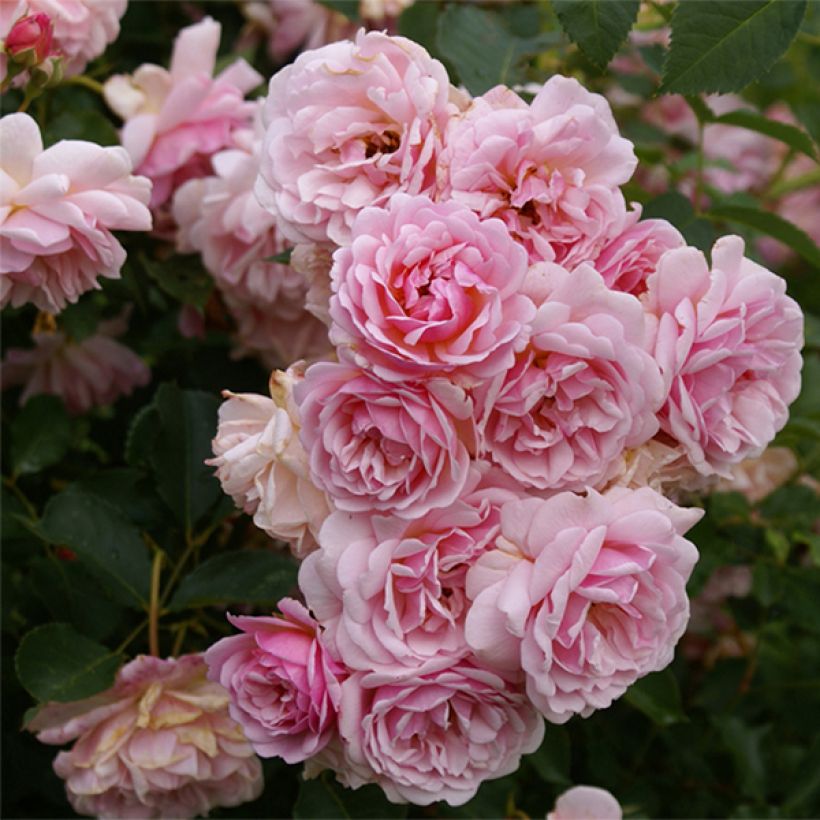

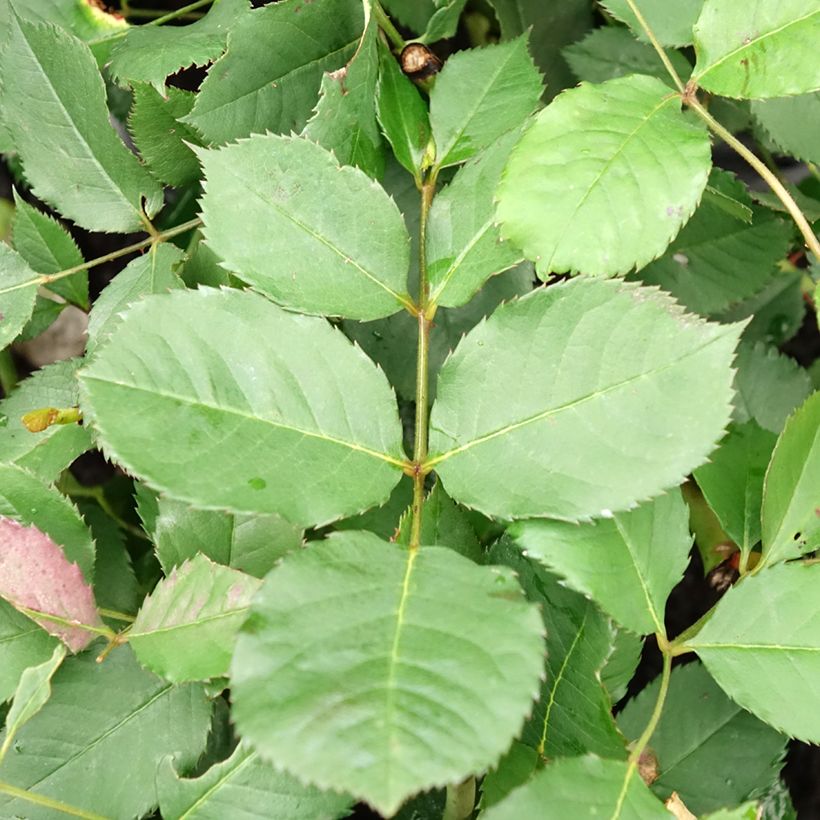

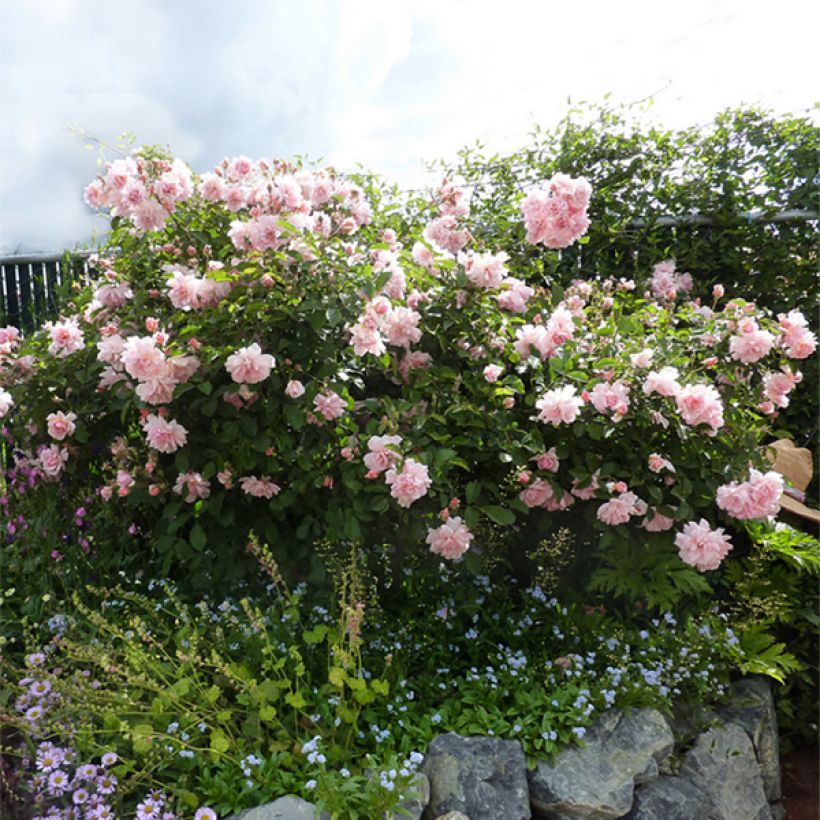

Plant habit
Flowering
Foliage
Botanical data
Rosa
x moschata
Felicia
Rosaceae
Musk Rose
Cultivar or hybrid
Rosa canina Laxa (4L/5L pot, Wrapped bare root)
Planting and care
The 'Felicia' rose adapts to any type of soil, even heavy or sandy, as long as the planting is well cared for! Plant it in well-worked and loosened ordinary soil and in a sunny location. If this bush is not pruned, it tends to become bare at the base, but it can grow up to 2-3m (6ft - 7ft 9 n - 10ft). To keep it bushy, maintenance is simple: after winter, remove the oldest branches (2-3 years old). Quite hardy, this rose can withstand -18°C and, if despite everything, after a harsh winter, the branches freeze to the ground, the bush will regrow from the base in spring. It may be useful to remove dead wood in winter and remove faded flowers if you do not want fruit formation. If necessary, a light pruning can be done in spring after the risk of frost.
Note that this 'Felicia' rose is resistant to summer drought, but its flowering will wither if the summer is too dry and too hot.
Roses are often stained or unsightly at the end of summer, but this is not a problem for their development. These spots are not harmful to the rose, it is a natural phenomenon.
Planting period
Intended location
Care
-
, onOrder confirmed
Reply from on Promesse de fleurs
Similar products
Haven't found what you were looking for?
Hardiness is the lowest winter temperature a plant can endure without suffering serious damage or even dying. However, hardiness is affected by location (a sheltered area, such as a patio), protection (winter cover) and soil type (hardiness is improved by well-drained soil).

Photo Sharing Terms & Conditions
In order to encourage gardeners to interact and share their experiences, Promesse de fleurs offers various media enabling content to be uploaded onto its Site - in particular via the ‘Photo sharing’ module.
The User agrees to refrain from:
- Posting any content that is illegal, prejudicial, insulting, racist, inciteful to hatred, revisionist, contrary to public decency, that infringes on privacy or on the privacy rights of third parties, in particular the publicity rights of persons and goods, intellectual property rights, or the right to privacy.
- Submitting content on behalf of a third party;
- Impersonate the identity of a third party and/or publish any personal information about a third party;
In general, the User undertakes to refrain from any unethical behaviour.
All Content (in particular text, comments, files, images, photos, videos, creative works, etc.), which may be subject to property or intellectual property rights, image or other private rights, shall remain the property of the User, subject to the limited rights granted by the terms of the licence granted by Promesse de fleurs as stated below. Users are at liberty to publish or not to publish such Content on the Site, notably via the ‘Photo Sharing’ facility, and accept that this Content shall be made public and freely accessible, notably on the Internet.
Users further acknowledge, undertake to have ,and guarantee that they hold all necessary rights and permissions to publish such material on the Site, in particular with regard to the legislation in force pertaining to any privacy, property, intellectual property, image, or contractual rights, or rights of any other nature. By publishing such Content on the Site, Users acknowledge accepting full liability as publishers of the Content within the meaning of the law, and grant Promesse de fleurs, free of charge, an inclusive, worldwide licence for the said Content for the entire duration of its publication, including all reproduction, representation, up/downloading, displaying, performing, transmission, and storage rights.
Users also grant permission for their name to be linked to the Content and accept that this link may not always be made available.
By engaging in posting material, Users consent to their Content becoming automatically accessible on the Internet, in particular on other sites and/or blogs and/or web pages of the Promesse de fleurs site, including in particular social pages and the Promesse de fleurs catalogue.
Users may secure the removal of entrusted content free of charge by issuing a simple request via our contact form.
The flowering period indicated on our website applies to countries and regions located in USDA zone 8 (France, the United Kingdom, Ireland, the Netherlands, etc.)
It will vary according to where you live:
- In zones 9 to 10 (Italy, Spain, Greece, etc.), flowering will occur about 2 to 4 weeks earlier.
- In zones 6 to 7 (Germany, Poland, Slovenia, and lower mountainous regions), flowering will be delayed by 2 to 3 weeks.
- In zone 5 (Central Europe, Scandinavia), blooming will be delayed by 3 to 5 weeks.
In temperate climates, pruning of spring-flowering shrubs (forsythia, spireas, etc.) should be done just after flowering.
Pruning of summer-flowering shrubs (Indian Lilac, Perovskia, etc.) can be done in winter or spring.
In cold regions as well as with frost-sensitive plants, avoid pruning too early when severe frosts may still occur.
The planting period indicated on our website applies to countries and regions located in USDA zone 8 (France, United Kingdom, Ireland, Netherlands).
It will vary according to where you live:
- In Mediterranean zones (Marseille, Madrid, Milan, etc.), autumn and winter are the best planting periods.
- In continental zones (Strasbourg, Munich, Vienna, etc.), delay planting by 2 to 3 weeks in spring and bring it forward by 2 to 4 weeks in autumn.
- In mountainous regions (the Alps, Pyrenees, Carpathians, etc.), it is best to plant in late spring (May-June) or late summer (August-September).
The harvesting period indicated on our website applies to countries and regions in USDA zone 8 (France, England, Ireland, the Netherlands).
In colder areas (Scandinavia, Poland, Austria...) fruit and vegetable harvests are likely to be delayed by 3-4 weeks.
In warmer areas (Italy, Spain, Greece, etc.), harvesting will probably take place earlier, depending on weather conditions.
The sowing periods indicated on our website apply to countries and regions within USDA Zone 8 (France, UK, Ireland, Netherlands).
In colder areas (Scandinavia, Poland, Austria...), delay any outdoor sowing by 3-4 weeks, or sow under glass.
In warmer climes (Italy, Spain, Greece, etc.), bring outdoor sowing forward by a few weeks.


































